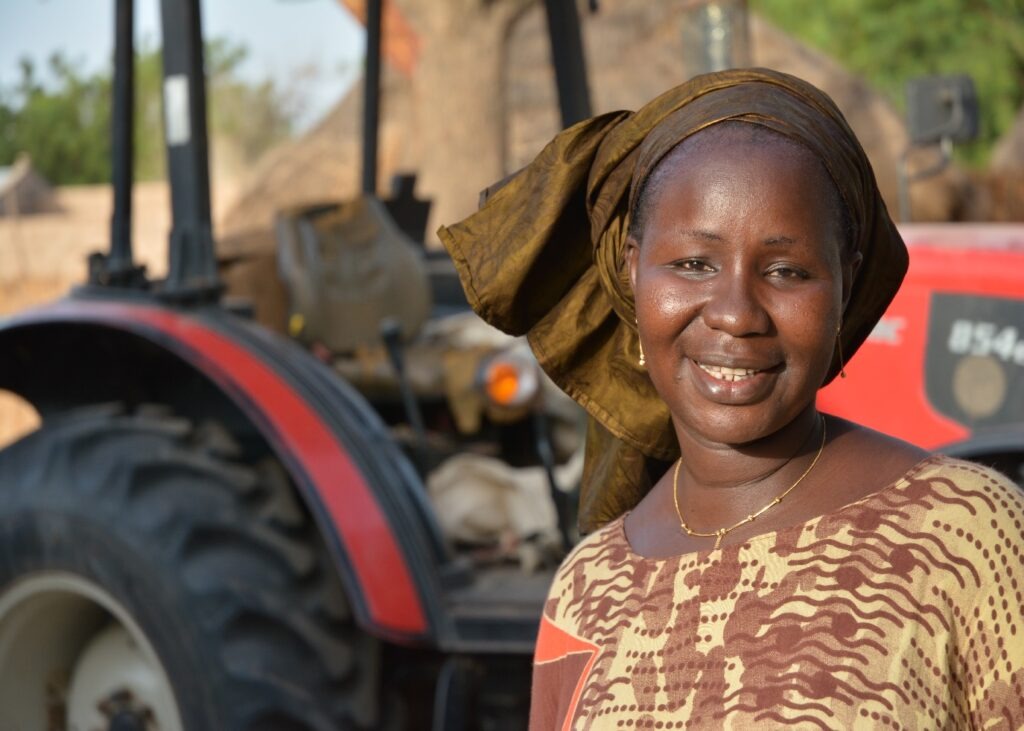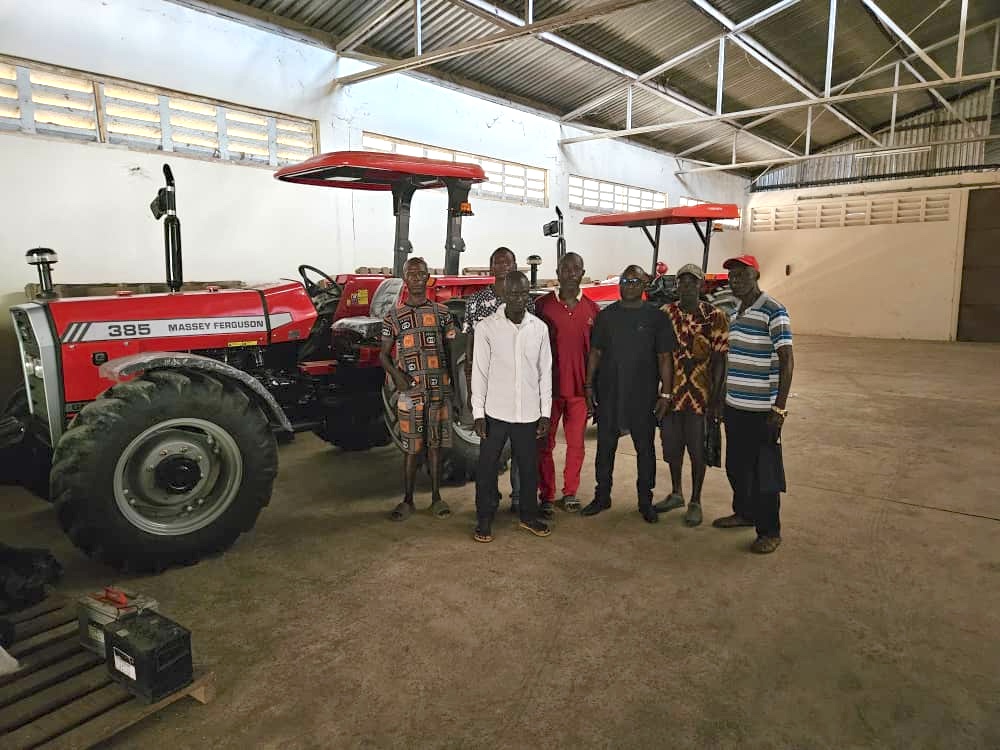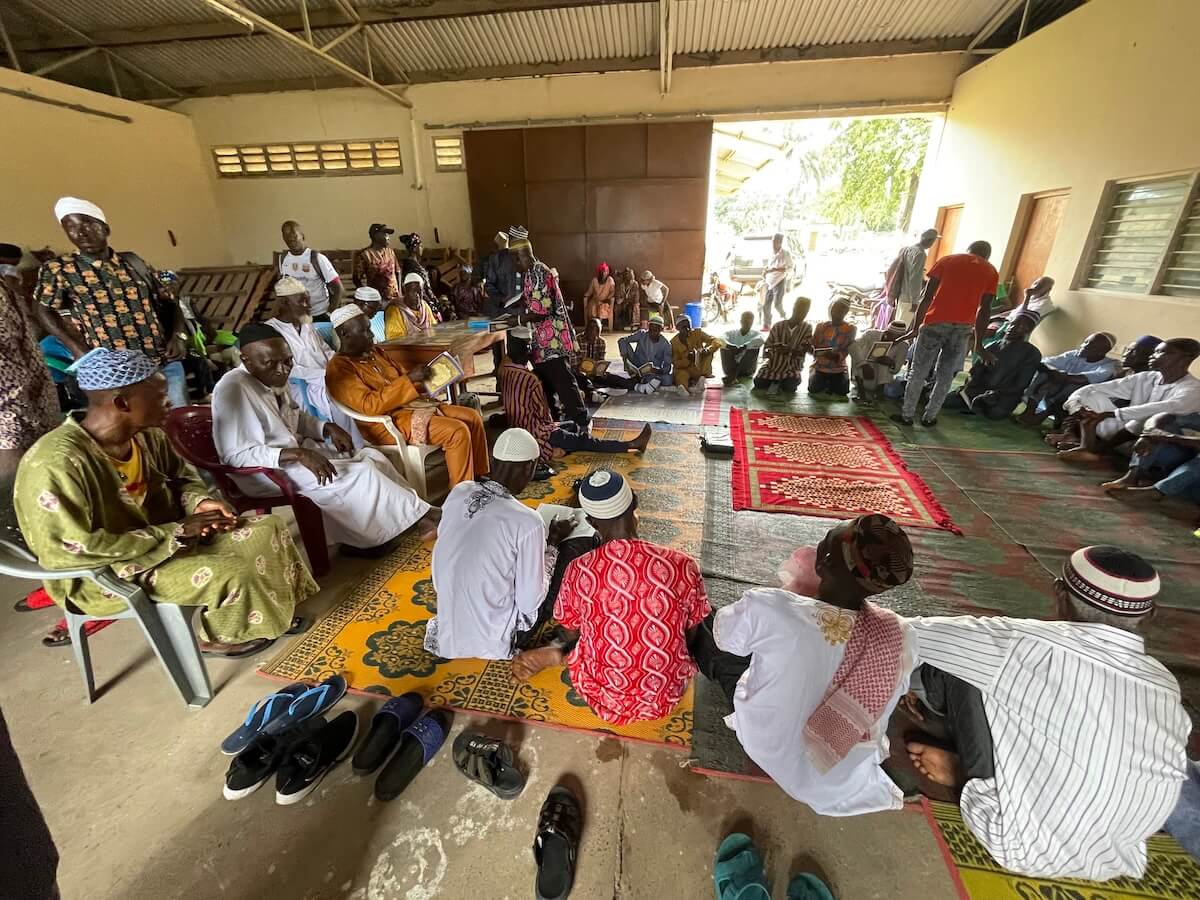Rural women are key agents for achieving economic transformation, environmental and social changes required for the sustainable development of every developing nation.
But limited access to credit, healthcare and education are among the many challenges they face, which are further aggravated by persistent global food and economic crises as well as climate change. Thus, empowering women in agriculture is key, not only to the well-being of individuals, families and rural communities, but also to the overall economic productivity of nations, given women’s large presence in the agricultural workforce worldwide.
Fortunately, the future is bright for women farmers especially those in sub-Sahara Africa. They are benefiting from more training opportunities, incentives and other programmes designed by various stakeholders to equip small-scale women farmers with information, skills and other inputs to improve crop quality and quantity.
Investing in women in agriculture can:
- Develop corporate gender policies that recognise the role of women farmers and workers to progressively improve gender justice within their value chains
- Encourage suppliers to commit to equal representation for women in membership and leadership within a producer organisation
- Ensure investments in agricultural training and resources are inclusive of women, such as extension services and agricultural inputs and technologies
- Share business expertise and invest in income-generating initiatives targeted at women, such as the creation of micro-enterprises run by women
- Develop differentiated products that promote women’s empowerment, connect women producers and consumers, and give women producers market insights
Through our engagement and coordination with key developmental stakeholders, we promote rural women’s empowerment. We promote women’s active participation in and benefit from the extractive industry, agriculture, trade and building women’s and youth’s agribusiness and entrepreneurship skills across the value chain.




